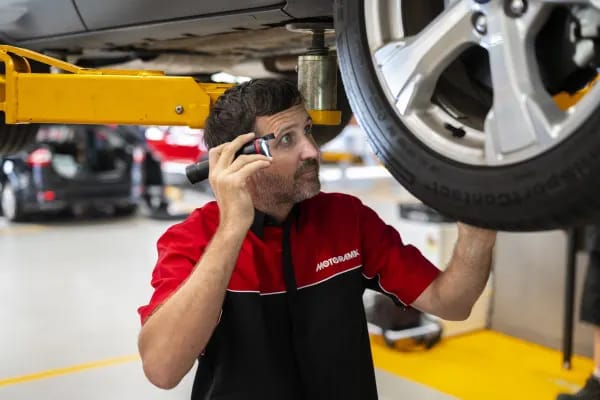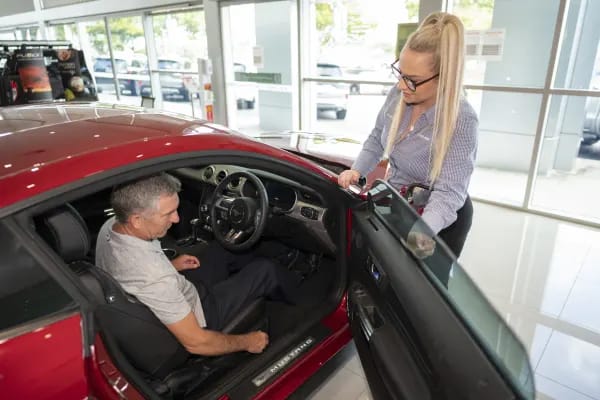
How to Spot Car Battery Problems
Posted in Servicing Insights
How to Spot Car Battery Problems
Car owners should consider their batteries to be the main life force in their vehicles, allowing the car to operate in any conditions. Often we take these powerhouses for granted, expecting them to fire up at the first turn of the ignition, however no car battery lasts forever.
With an average lifespan of around four years, a car battery will die no matter how well you drive. However, there are more warning signs that indicate battery problems than simply a car that won't start one morning. If you spot any of the following symptoms, make sure you get to your local car service centre to have your car battery checked out.

CLICKING SOUNDS
If you turn the key to start the engine but all your get back is a clicking sound, it's likely the battery doesn't have enough power to engage the starter motor. This could be due to incomplete charging by the alternator. Take your vehicle to a service centre to check the charging system and the battery.
Another reason for the clicking sound can be a faulty starter solenoid or relay that isn't able to supply enough power to the starter.
CORROSION
Battery corrosion, which appears as coloured fuzzy build up, can mean you have a leak that can contribute to poor performance. It is particularly damaging to lead acid batteries and can shorten their lifespan, with corrosion impeding the flow of electrons to battery terminal cables. If you can see enough corrosion for it to appear as a small layer of white fuzz on the battery terminal, it's likely the electrical consequences are building. It's important to eradicate this corrosion and prevent future outbreaks to extend the battery's life.
Regular battery maintenance should help to reduce corrosion, and there are also spray-on and paint-on preventative liquids to perform a similar function. Coated felt pads can be fitted underneath terminals to absorb any leaking acid.
DEAD BATTERY EVERY MORNING
Your battery charges as you drive your car, so if you notice your vehicle frequently won't start despite having charged it the day before, there could be something wrong. This often occurs in very hot and very cold weather conditions.
Start by checking none of your accessories have been left on due to a faulty ignition switch. Bad alternators and regulators can also lead to this issue, while low electrolyte levels will cause a battery to die frequently.
INTERMITTENT STARTING
When your car starts well one day but then fails to do so the next, you may have an issue with your battery terminals. They could be loose, broken, corroded or calcified. Even when terminals are only slightly loose, they can still cause issues with starting the car.
DIM LIGHTS
If your lights are dimmer than usual or fade as the car runs, there could be a problem with your batter or the alternator. Check the battery's charge to ensure it has enough voltage - if it's below 13.5, there's likely the alternator is not keeping up with it. If the charge is around 13.5-15, there may be something wrong with your battery.
No matter how new and well maintained your battery is, if it's not getting frequent enough use it is much more likely to go flat and require jump starts. This can be an inconvenience at the best of times, so make it a priority to regularly drive your car to ensure it's ready when you need it most.



